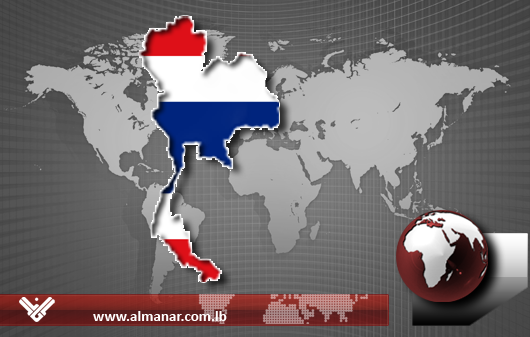The Thai government has come under pressure from the United States and rights groups to roll back the emergency powers.
Thailand’s Prime Minister announced on Wednesday his government is likely to lift a controversial state of emergency in Bangkok and surrounding areas by the end of this year.
"I think (emergency rule) will be lifted before the New Year," Abhisit said, adding that although the situation had improvement the authorities would retain some measures to monitor people inciting unrest and to contain protesters.
"The government has not violated any human rights under the emergency rule but we do not want to impose the special law indefinitely," he told reporters.
The Thai government has come under pressure from the United States and rights groups to roll back the emergency powers to help the country recover from bloody civil violence that has left it deeply divided.
The laws were introduced in the capital in early April in response to mass anti-government rallies by the "Red Shirt" movement that ultimately left more than 90 people dead in clashes between demonstrators and the army.
"I think (emergency rule) will be lifted before the New Year," Abhisit said, adding that although the situation had improvement the authorities would retain some measures to monitor people inciting unrest and to contain protesters.
"The government has not violated any human rights under the emergency rule but we do not want to impose the special law indefinitely," he told reporters.
The Thai government has come under pressure from the United States and rights groups to roll back the emergency powers to help the country recover from bloody civil violence that has left it deeply divided.
The laws were introduced in the capital in early April in response to mass anti-government rallies by the "Red Shirt" movement that ultimately left more than 90 people dead in clashes between demonstrators and the army.
